Plant Based Milk
It is really quick and easy to make your own plant based 'milks/mylks' that taste nicer and are much better for you than shop bought varieties. Non-dairy milks are popular among people who are lactose-intolerant or who avoid dairy for other reasons. There are also environmental impacts to consider and oat milk is one of the most sustainable options.
The big question - why bother? plant based milks are readily available at supermarkets however, milks that you make at home are free from preservatives and other additives such as sweetness and emulsifiers. Have a close look at the list of ingredients on shop bought plant milks next time you are in the supermarket and you might be surprised by the number and type of ingredients. You can control the quality of the ingredients, the type and amount of sweetener that you use (if any) and the texture. Plant milks that you make at home generally contain a much higher percentage of the original nuts or seeds. Making your own also reduces single-use packaging.
Experiment with different nuts, seeds and oats. Try using different nuts such as hazelnut (delicious), macadamias, Brazil nuts and seeds such as hemp, sesame, pumpkin or sunflower.
What do you need? a blender or thermomix and something to strain your milk through. Nut milk bags are readily available online or at health food or kitchen shops, but you can also use some cheesecloth. Get yourself a nice glass bottle to store your milk in.
The Process
SOAK your nuts or seeds in filtered water with a pinch of salt. Soaking helps to remove the phytic acid, thereby 'activating them' and making them easier to digest. Soaking also softens the nuts or seeds and makes blending easier. However, if you don't have time or forget to soak your nuts, it is not a deal breaker!
How long to soak for?
- The general rule is 8 hours or overnight
- Don't soak too long or nuts such as cashews can go slimy
- Some seeds such as hemp seeds won't require any soaking at all
- Oats - we used to soak ours for 30 minutes but now don't bother soaking at all and find the texture to be better.
RINSE and DRAIN thoroughly
BLEND the nuts/seeds/oats with filtered water using a high speed blender or thermomix for about 1 minute. As a general rule we use 1 cup of nuts to 3 cups of water. If you are making milks using purely seeds, you may need less water
SWEETEN- to taste (optional) with sweetener of your choice. Our favourites are dates, maple syrup and honey or natural stevia.
STRAIN - pour the mix through a nut milk bag placed over a large bowl and squeeze carefully to extract the liquid from the nut/seed pulp. Store this pulp in the freezer - there are many recipes on the internet for its use in home-made crackers.
Tip: you can avoid slimy oat milk by double straining through a sieve rather than squeezing through a nut milk bag.
TIPS
- We always like to add a little vanilla but you could also add spices such as nutmeg or cinnamon.
- If you are using your plant based milk in coffee and want it to froth up, try adding 1 tsp of coconut oil to the original mix.
- if you in a real hurry, you can blend a couple of tablespoons of almond butter with 500ml water and use straight away (no need to strain).
STORE in a glass container in the fridge for 3-5 days. Separation is normal so simply give it a shake to reconstitute before using.
OTHER IDEAS
- You can make your own coconut milk by blending 600ml filtered water with 150g coconut flakes and follow the same process as above.
- Cacao is magic in hazelnut milk and whizzing up some fresh or frozen strawberries in freshly made macadamia milk makes for a delicious creamy milkshake.
Tips for organising your pantry
Try and buy organic or spray free nuts, seeds and oats where possible. Organic foods are often more expensive but the benefit is the avoidance of pesticides. A good online Australian supplier of organic nuts and seeds is 'Honest to Goodness', however there are likely also local suppliers in your area. Costco and Aldi also have a range of organic produce so might be worth checking out if there is one close to you. Other bulk food suppliers in Perth include The Source, Kakulas and the Wasteless Pantry, to name just a few.
Nuts and seeds contain natural oils which makes them vulnerable to going rancid. Particularly if you buy in bulk, its is best to store all nuts and seeds in the freezer. We always have a smaller jar in the pantry for daily use which we top up regularly from the freezer. Seeds such as hemp, chia and flax should always be stored in the fridge. As always, store your produce in glass jars.
|

